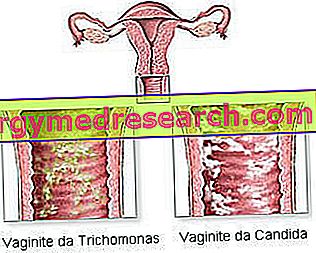Definition
Wheezing is a symptom characterized by continuous, high-pitched breathing sounds that overlap with the normal sound of the breath. These noises, similar to whistling, are produced by the oscillation of the walls of a small, restricted or compressed airway, when it is crossed by the flow of air. For this reason, wheezing is more frequent during the expiration phase (the increase in intrathoracic pressure during expiration narrows the airways).
The narrowing of the small airways can be caused by an obstruction from a tumor or very dense secretions (bronchitis), from an edema or from a bronchoconstriction.
Asthma is considered the most common cause of wheezing. However, there are various diseases, pulmonary and non-pulmonary, that manifest themselves with this symptom. In addition to asthma, recurrent wheezing can be a symptom of COPD, cystic fibrosis, heart failure and gastroesophageal reflux disease with chronic inhalation (pneumonia ab ingestis).
Persistent wheezes indicate obstruction secondary to neoplasms, inhalation of foreign bodies or presence of structural anomalies. A sudden onset in the absence of symptoms of respiratory infection, on the other hand, suggests an allergic reaction or an imminent anaphylaxis. Wheezing can be drug-induced (eg ACE inhibitors, aspirin, β-blockers and NSAIDs) or caused by the inhalation of toxic or irritating agents (eg cold air, dust, tobacco smoke and allergens).
Possible Causes * of Wheezing
- Respiratory allergies
- Anaphylaxis
- Asbestosis
- Asthma
- Esophageal atresia
- Botulism
- COPD
- Bronchiectasis
- Bronchiolitis
- Bronchitis
- Interstitial cystitis
- Respiratory Distress
- Pulmonary edema
- Embolism
- Pulmonary embolism
- Emphysema
- Cystic fibrosis
- Pulmonary fibrosis
- Heart failure
- Respiratory failure
- lymphoma
- Pneumonia ab ingestis
- Gastroesophageal reflux
- Allergic rhinitis
- Silicosis
- Meconium aspiration syndrome



